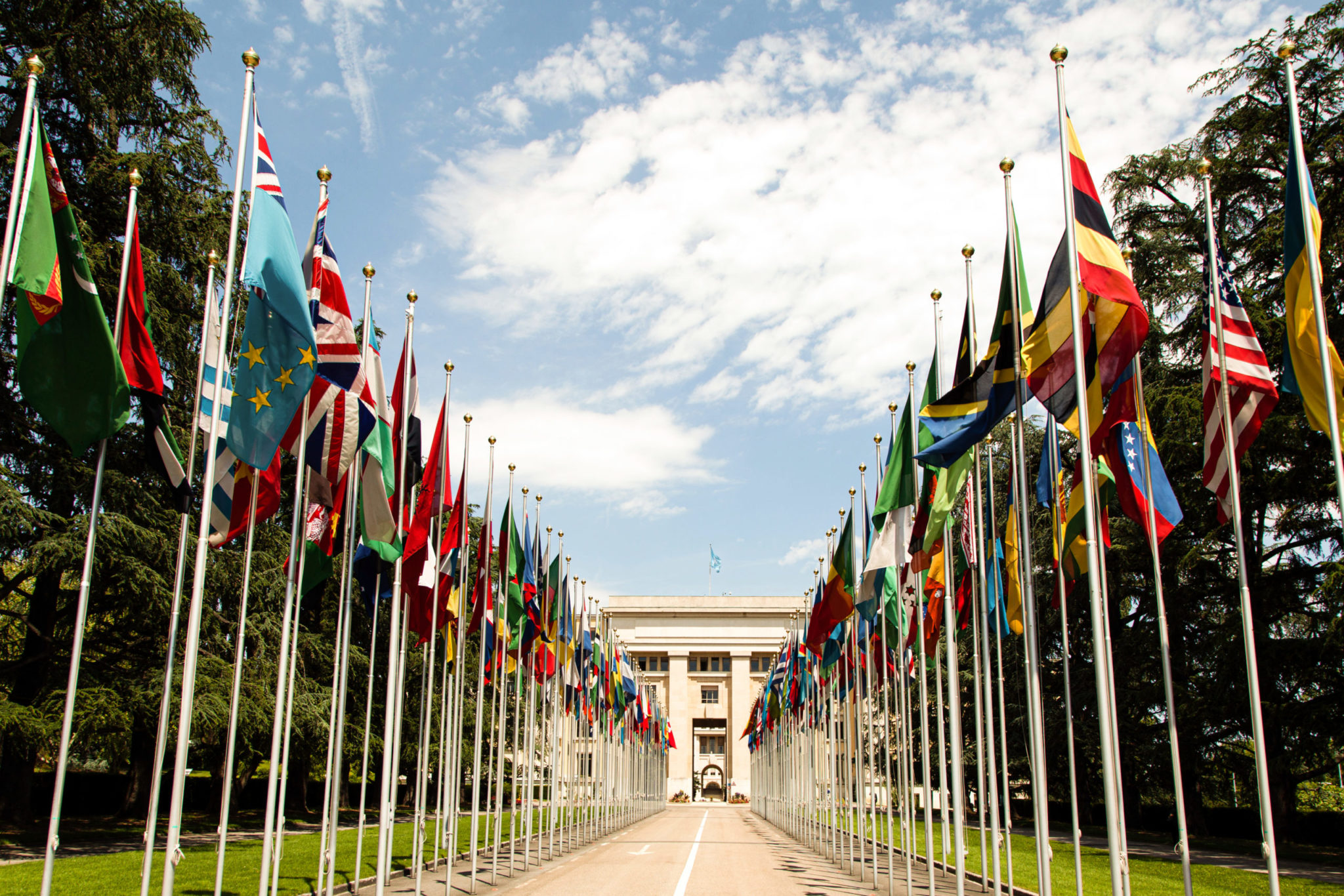
Wikimedia Commons
The Yale Center for Emotional Intelligence presented their approach to social learning — especially how it relates to youth education — to the United Nations earlier this month.
The event — co-hosted by the United Nations Women for Peace Association on Jan. 14 — highlighted the center’s approach to incorporating social and emotional learning into public schools. The Yale Center for Emotional Intelligence calls this approach RULER: an acronym that stands for recognizing, understanding, labeling, expressing and regulating emotion. Since the center launched the program, the RULER program has been adopted by 400 of New York City’s public schools.
“The goal is to make New York City the first emotionally intelligent city,” said founding director of the center Marc Brackett. “One of the reasons we’re excited about New York City is that there are over 175 spoken languages among the students in that system, and we want to demonstrate that emotional intelligence is not just American or not just an approach for one type of student.”
The Yale Center for Emotional Intelligence aims to introduce the RULER approach in all 1800 of New York City’s public schools; they eventually hope to reach 1.1 million children. Ten percent of these children live in temporary housing, while over 70 percent live in poverty. The program’s efforts include working with administrators from schools to share strategies for helping students manage their emotions.
Staff from the United Nations Women for Peace Association said that they collaborated with the Yale Center for Emotional Intelligence on this event because both organizations share the mission to use emotional learning for public good. According to Barbara Winston, President of the United Nations Women for Peace Association, the primary goal of this association is to end violence against women and girls.
“One of the main themes for the United Nations Women for Peace Association is that we are looking to deconstruct the DNA of violence. There are many ways to do that, and one of them is the road to social-emotional learning education and opportunity,” Winston said.
Both Brackett and Winston emphasized the wide reach of the RULER approach, which the center has integrated in Italy, Qatar, China, Australia, England, Mexico and Spain. Winston said the mission of the center resonated with her because it is a “worldwide vision” to address emotional development.
At the January event New York City students, parents, teachers and principals spoke about how the RULER program has impacted their lives and schools. Staff members from the center also presented statistics about the prevalence of depression, suicide and other mental health trends among young people.
Dr. Robin Stern, co-founder and associate director of the Yale Center for Emotional Intelligence, said the event underscored how RULER has changed the school climate. She added that the program helped students to achieve academically, build stronger relationships with teachers as well as their peers and improve their overall wellness. According to Stern, the event’s attendees seemed “hopeful that there is a possibility of peaceful classrooms and communities around the world.”
“It was extraordinary,” Winston said of the student sharing. “They changed the lives of these individual people who will then go forward and change the lives of other people.”
Ella Goldblum | ella.goldblum@yale.edu







